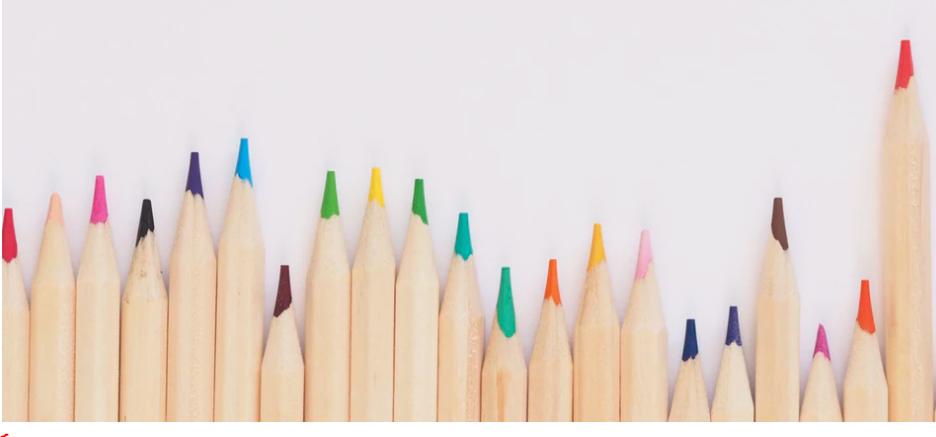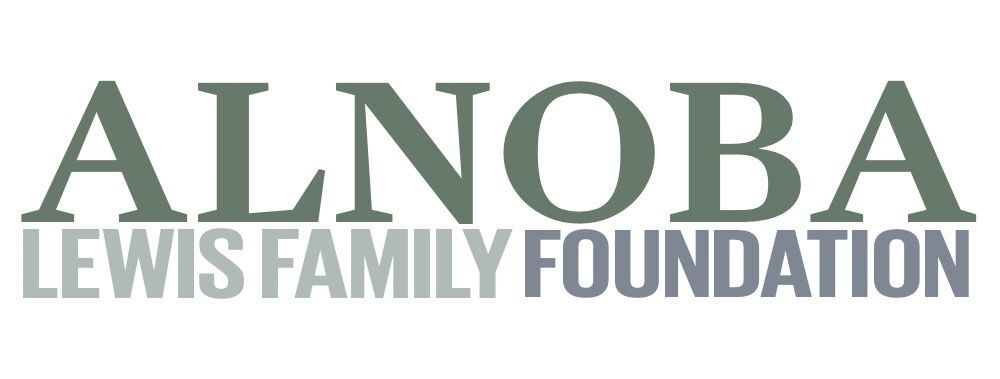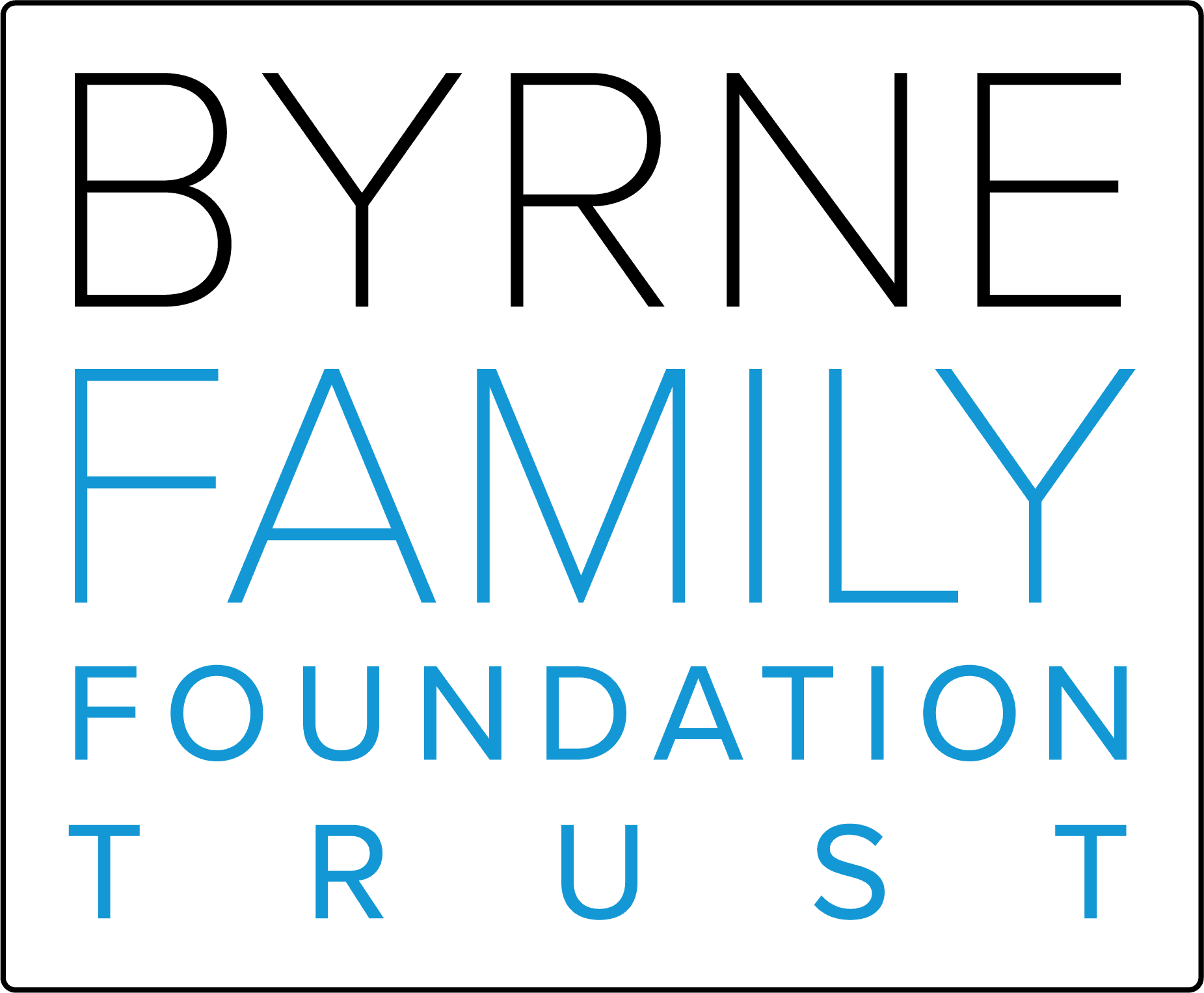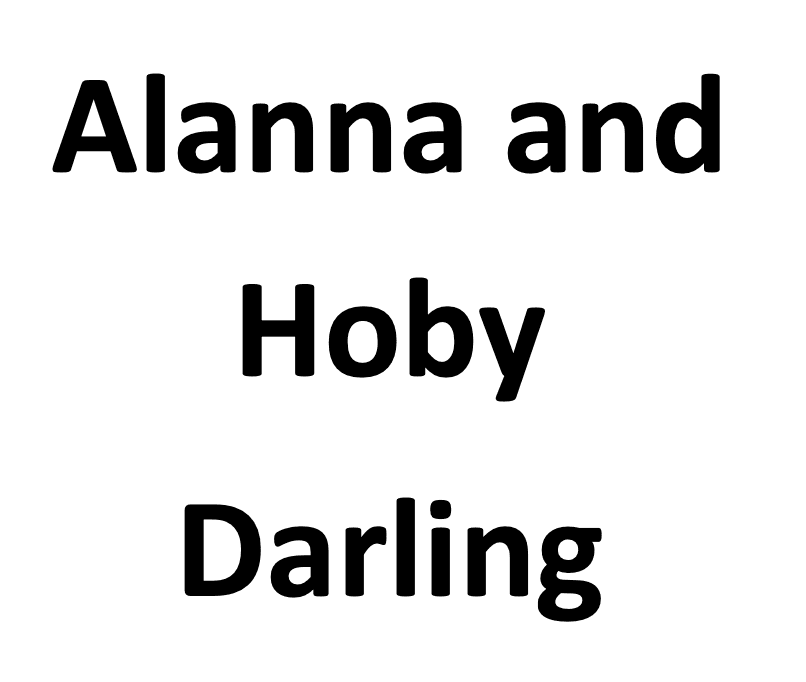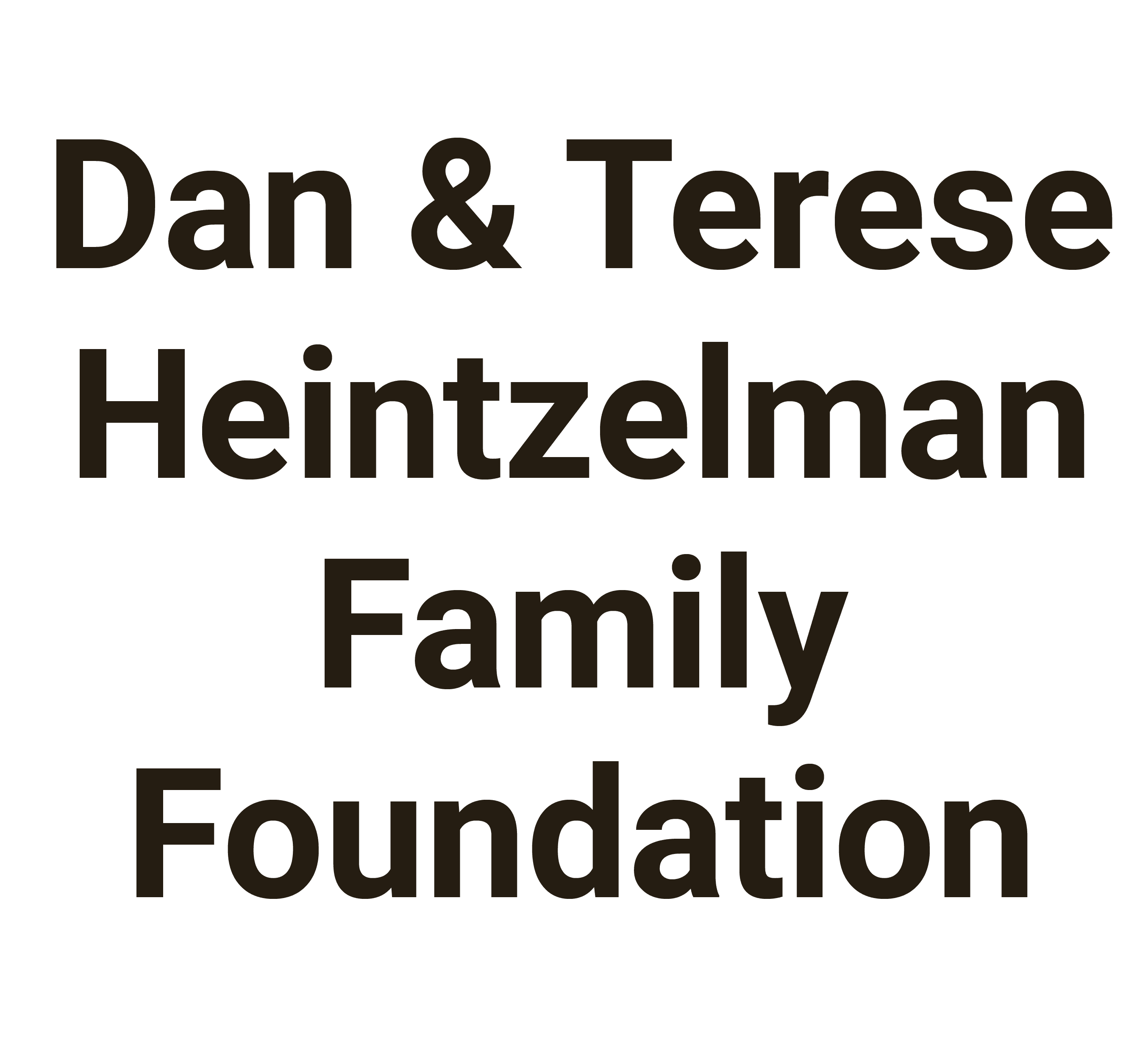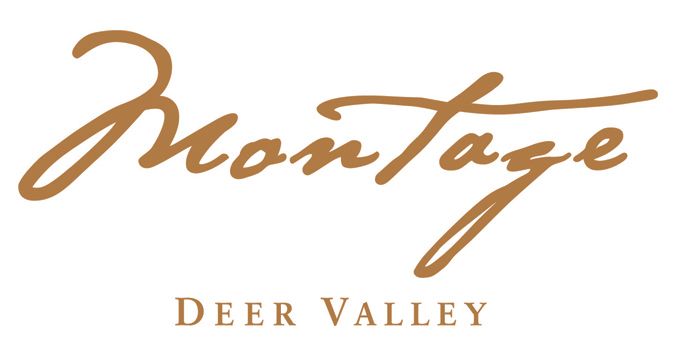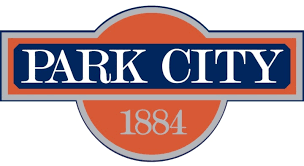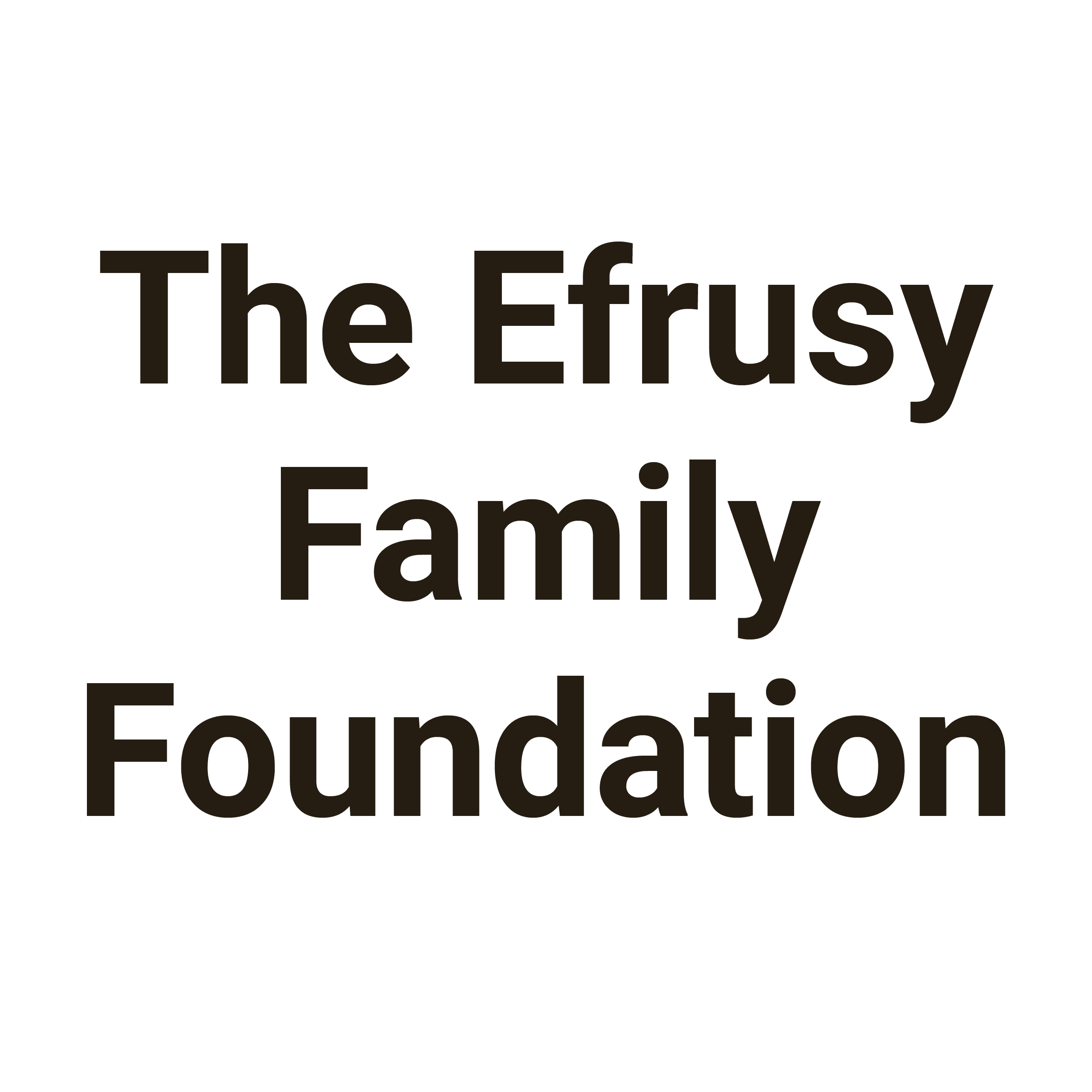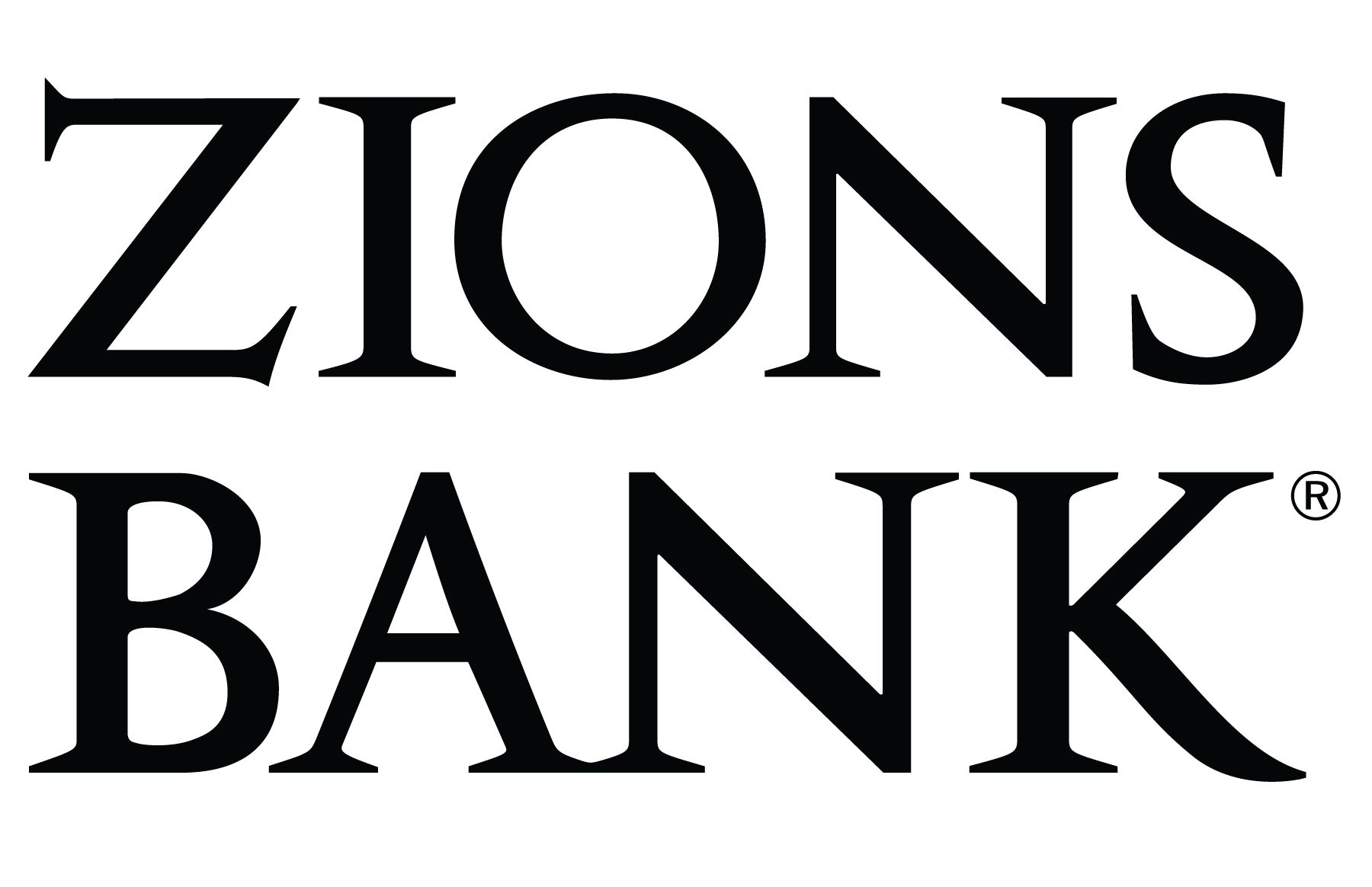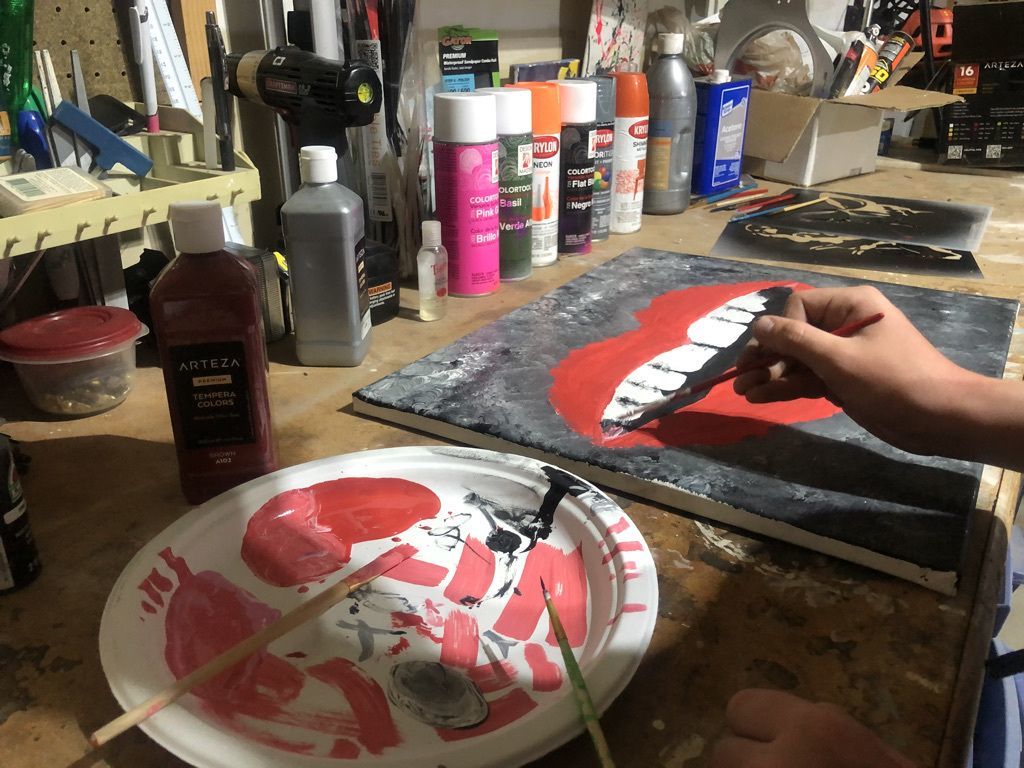
When 14-year-old Dylan Rifkin is asked about his first exposure to art, one thing immediately snaps into focus. He’s quick to mention the graffiti he used to see around Denver – where his family lived before their move to Park City when he was 7.
“I had a nanny who painted a lot, and she did lots of abstract stuff, which she actually ended up selling,” Dylan said. “I remember watching movies about abstract art, and then doing art projects with her.”
Dylan started 2nd grade after the move to Utah, and it was at Trailside Elementary School that he first encountered art as a part of his curriculum. Thanks to Park City Education Foundation donors, Elementary Visual Arts (EVA) was a regular part of his school experience and served as a more structured way for him to gain exposure to many styles of artwork.
“I had an interest in art before,“ Dylan said. “But EVA helped solidify it into a passion for me.”
And graffiti has stuck as a lasting inspiration; in his eyes, it’s the perfect representation of freedom and creativity. It’s no wonder then, that the two artists who most intrigue him have deep roots in the graffiti art world: Keith Haring, the American artist who gained notoriety first from the 1980’s graffiti subculture; and Banksy, who is famous for subversive social commentary graffiti.
The theme of freedom flows through the art Dylan creates himself. His work, mostly abstract, has evolved into a technique with stencils and paint and provides an outlet for him to express himself - while remaining wrapped in a sort of enigmatic cloak.
“It feels like a non-expression expression, and I like how it doesn’t really mean anything in particular to anyone else,” Dylan said. “You’re able to create how you feel without anyone else knowing the specifics - and then anyone looking at it has the freedom to interpret for themselves.”
The ambiguity of the abstract art process is the way Dylan best experiences a flow of focus and clarity.
In school, where his favorite subjects are business and, of course, art, there are times when it’s tough to pay attention.
“Sometimes, if I’m really trying to do reading for school, the words blur,” Dylan said. “But when I’m painting, I feel like I can actually put all of my time and attention into it - it feels more cohesive.”
THIS is the power of art!
Art funding was erased from Utah’s elementary curriculum in the 1980s. In 2012, as volunteer art programs waxed and waned, PCEF, parents, the school district, and the Kimball Art Center came together to create the Elementary Visual Arts program (EVA). It was offered to all elementary schools; McPolin, Parley's Park, and Trailside chose to participate.
For Dylan, experiencing art at Trailside was a truly transformative experience. To the students who are enjoying EVA programming right now, he has this advice:
“Be open to it - you can really find a passion and interest in it. I didn’t think I would like spending my time drawing or painting - but now I really like to create art in my free time.”
And to those who may wonder why art is such a critical part of the school day, Dylan presents this:
“Art is a way to let kids find a different way to express themselves,” said Dylan. “When I was a kid, I had a hard time talking about what I was feeling. The painting was calming and focusing - and it helped me open up.”
###
Art plays a critical role in student success. It nurtures creativity, problem-solving, and confidence. With EVA, moments of teamwork, curiosity, and humanity are happening every day in our classrooms and schools.
Thanks to support from PCEF donors and a partnership with the Kimball Art Center, we’re able to keep art in the classroom for Park City’s elementary school students.
From Seuss to Seurat and Dali to Degas - help us continue to provide this important program. We invite you to DONATE HERE.
